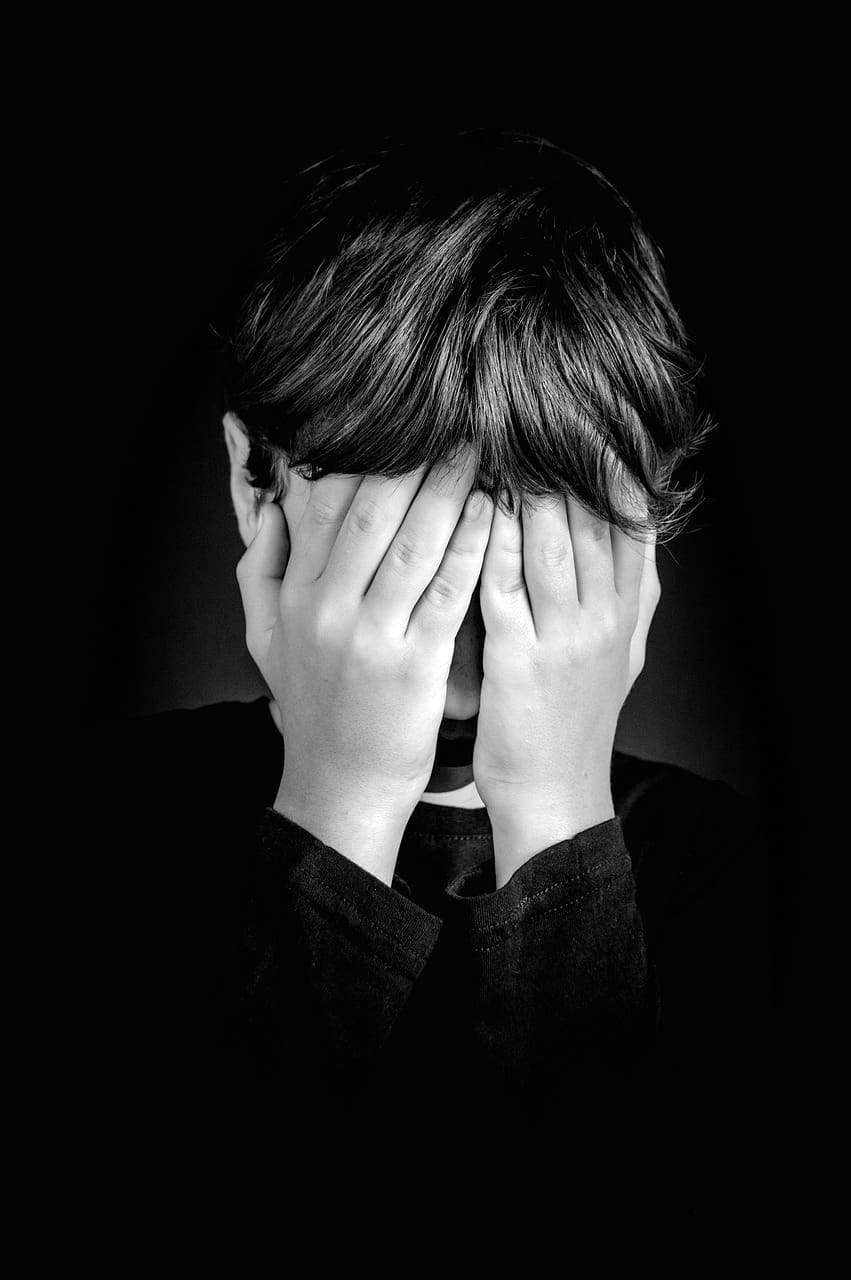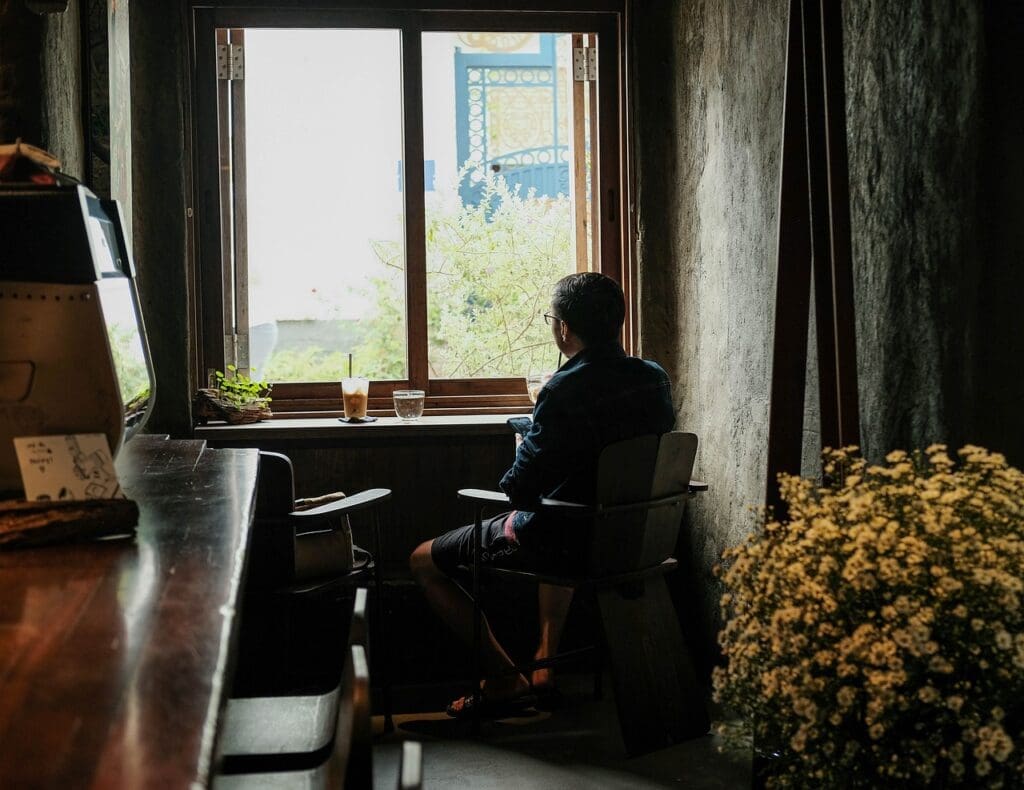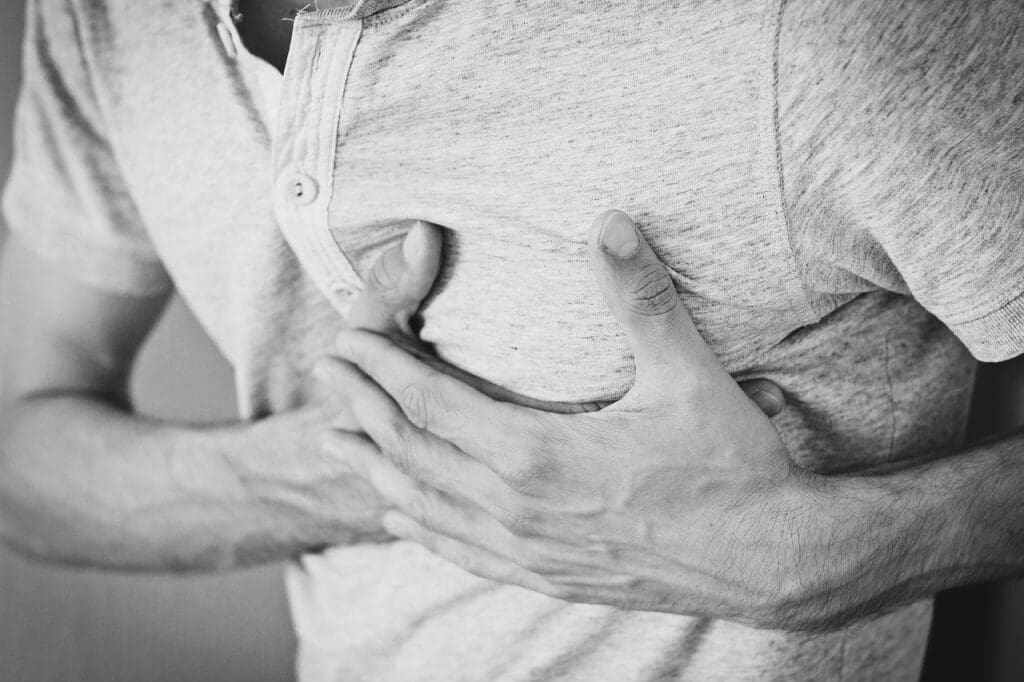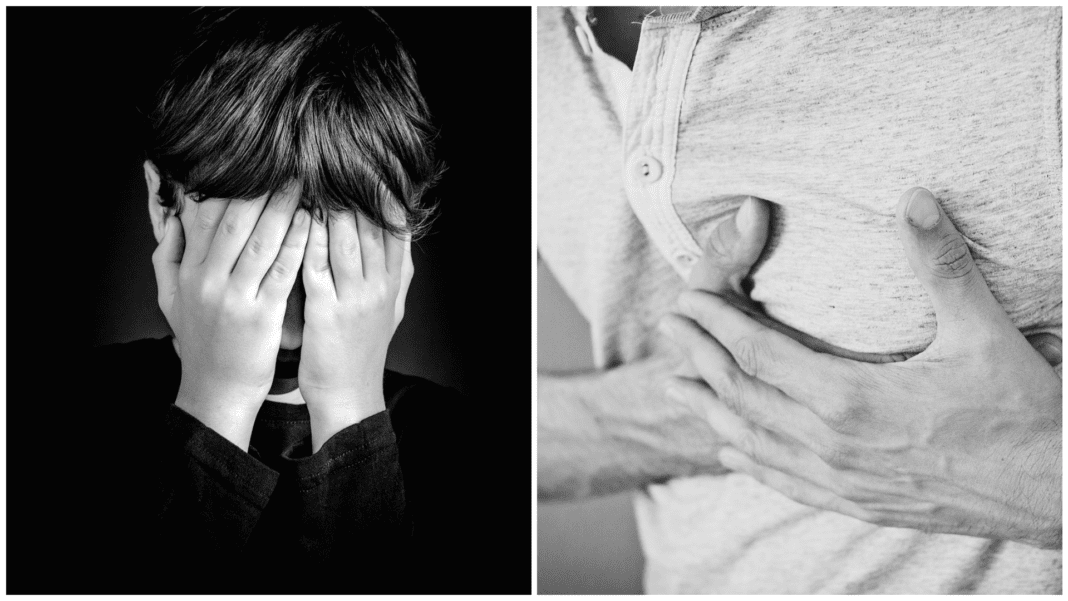As the hands of darkness blankets your vision, you fall to your knees gasping for air and finding the strength that left you while looking for a ray of hope to save you from your misery. – K. Aligato

The Short Attack that Feels like a Lifetime

Mental health issues have always been a major concern in our society. However, the medical field has seen an unprecedented spike of it during the COVID-2019 lockdowns. Leading them to believe that the long period of isolation from the outside world caused this alarming phenomenon.

One of the mental health issues that our society is facing today are anxiety attacks or what are commonly known as panic attacks. Panic attacks happen when a person suddenly experiences an unexpected spike of anxiety that might be triggered with over breathing, long periods of stress, physical activities that might lead to intense physical reactions, excessive coffee drinking, physical changes happening after an illness or a sudden change of environment.
Although medical experts describe the attack to be short (between 5 – 20 minutes) and not life-threatening, to an individual who is experiencing the attack, it feels otherwise. The short duration the doctors are talking about feels like an entire lifetime for a person experiencing the attack. It’s as if the individual is facing death face to face but is unwilling to come with it and is fighting back with all his/her might.
Panic attacks are sometimes confused with cardiac arrest, but, doctors have put a clear distinction between the two. However, how do we identify if it is a panic attack?
The Symptoms
Panic attacks are also classified by medical experts as the sudden feeling of losing control even if there are no clear signs of threat and danger. The doctors classify an attack as a panic attack if an individual experiences a combination of the following symptoms:
- Pounding Racing Heart
- Sweating
- Chills
- Trembling
- Difficulty Breathing
- Weakness or Dizziness
- Tingly or Numb Hands
- Chest Pain
- Stomach Pain or Nausea
- Hot Flushes
- Chills
- A Choking Sensation
- Dry Mouth
- Feeling of Dread or a Fear of Dying
- A Churning Stomach
- Feeling that You’re Not Connected to Your Body
If you are experiencing these symptoms then you might be having a panic attack.
What to Do During an Attack?
Sometimes, it is inevitable that we are alone during an attack. Hence it is dreadful to think of this possibility, since most persons experiencing it crave for company to alleviate and remedy the panic attack. However, there are ways to calm yourself down during your panic episodes when you’re alone:
- Remember that the attack will pass
- Take deep breaths
- Smell some lavender
- Find a peaceful spot
- Focus on an object
- The 5-4-3-2-1 method
- Look at 5 different objects
- Listen to 4 distinct sounds
- Touch 3 objects
- Identify 2 different smells
- Name 1 thing you can taste
- Repeat a mantra (a phrase that you think might calm you down)
- Walk or do some light exercises
- Try some muscle relaxation techniques
- Picture a happy place
- Take any prescribed medications
- Learn your triggers in order to avoid them
However, it is important to remember that a panic attack may happen without specific triggers. Hence, it is imperative that you seek medical attention immediately if you’re experiencing the attacks in a frequent manner.

— The uncertainties in the society molded by the brutality of human hands are putting our mental health at stake. Hence, it is important to remember that we must guard ourselves well and be close to individuals who truly care about our well-being to tide across the tumultuous waters of our current era. How about you fellow Sugboanon? What are your thoughts regarding this?

